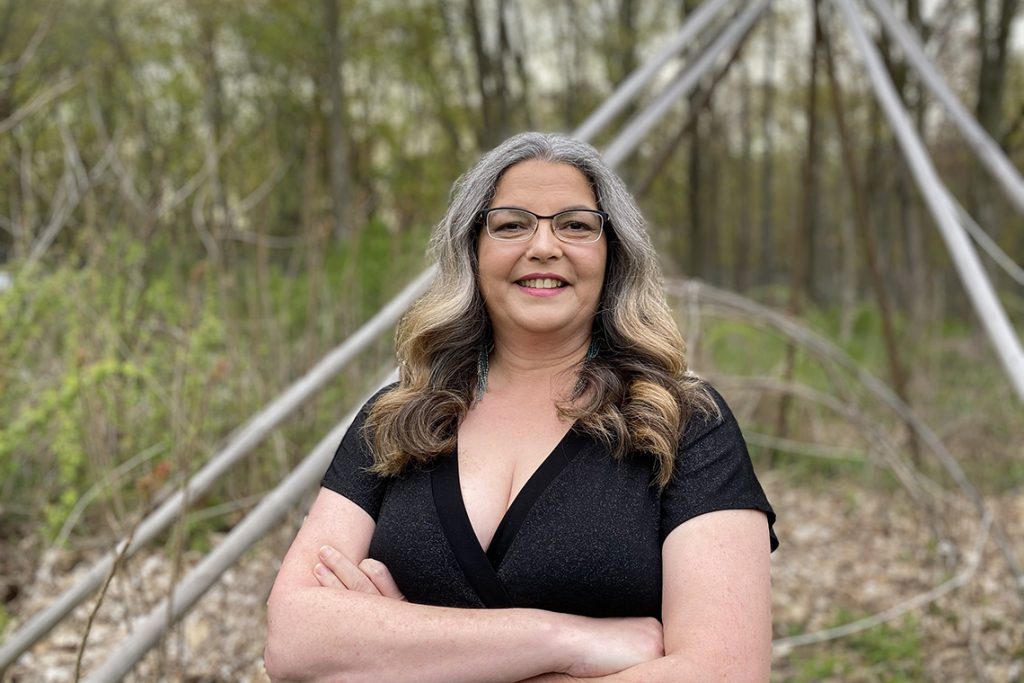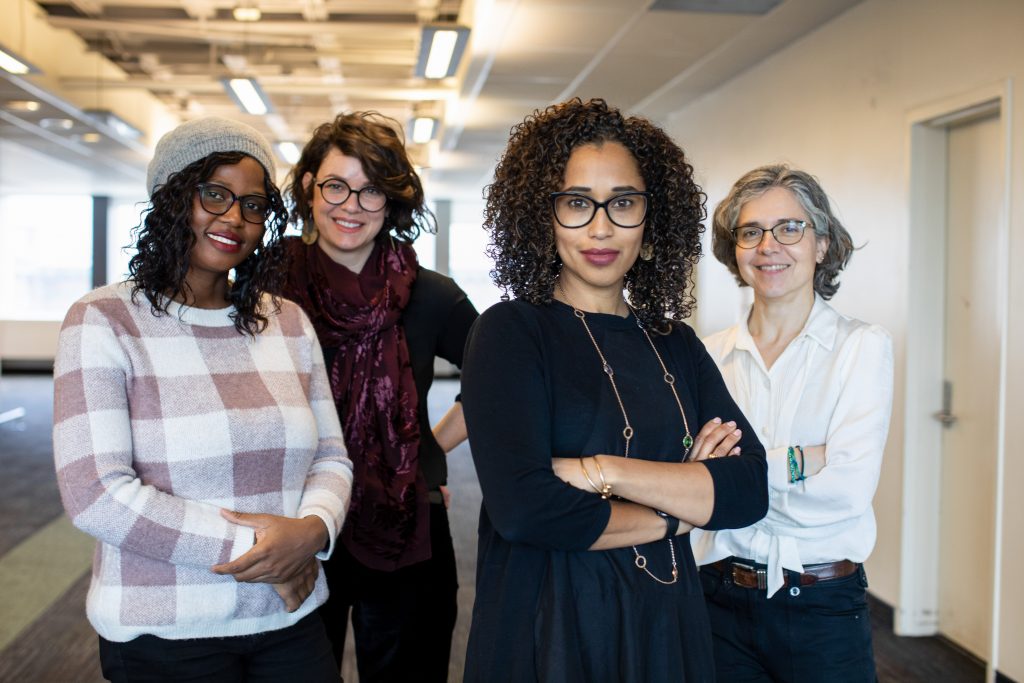Two DLSPH faculty members receive Connaught funding to support emerging partnerships
March 2/2023
By Bonnie O’Sullivan
DLSPH researchers performed extraordinarily well this year in receiving awards from a University of Toronto fund that supports collaborations with community partners and nurtures early-stage researchers.
Prof. Angela Mashford-Pringle, Associate Director of the Waakebiness-Bryce Institute for Indigenous Health, and Prof. Beverley Essue, faculty member at the Institute of Health Policy, Management and Evaluation, together won half of the available funding from the Connaught Community Partnerships Research Program.

Angela Mashford-Pringle, Associate Director of the Waakebiness-Bryce Institute for Indigenous Health
“In Indigenous research, it is imperative that you have a true and authentic relationship with your partners,” explains Mashford-Pringle, who will use the program’s support of $31,950 to develop relationships with eight First Nations within central Muskoka. Once a foundation of trust has been built with the University and the communities, Mashford-Pringle and PhD student Claire Hiscock will work with the Simcoe Muskoka District Health Unit and First Nations partners to study and share knowledge around ticks, Lyme disease and climate change. “We’re in the process right now,” says Mashford-Pringle. “I’m reaching out to an Elder who will be the host … and then we are doing a virtual talking circle to get a sense of who’s there. We’ll follow that up in later March, early April, with an in-person talking circle where we will have every person tell us more about what they would like to see happen. That will then be followed up with site visits.”

Beverley Essue with her Co-Investigators, Amaya Perez-Brumer, Cyndirela Chadambuka and Clara Juando-Prats.
Essue, who received $94,100, will use the funds to support a partnership between the Dr. Borna Meisami Commemorative Foundation’ Restoring Smiles Initiative and the University of Toronto, to address a gap in access to critical dental care that disproportionately impacts racialized survivors of intimate partner violence (IPV). “This Connaught grant is meaningful because it supports a community-led research partnership that will help to fill this gap and it stands to help support the pathways to economic independence and empowerment for racialized survivors,” says Essue.
This research will back advocacy and program development and will prioritize equitable access to necessary and culturally appropriate dental care services. “The data from this project will support efforts to ensure that the perspectives and lived experiences of racialized IPV survivors can inform the implementation of the national dental care program in Canada.”
The Connaught Community Partnerships Research Program encourages collaborative research partnerships that will foster access to each other’s unique knowledge, expertise and capabilities on issues of shared interest.
It is intended that the partnerships supported by this program will strengthen over time. This shared interest is something that Mashford-Pringle emphasizes in her work with Indigenous communities. “We didn’t want to charge in and say this is what we’re doing about Lyme disease, but rather we wanted to build a partnership, see what they already know, see what they need and how we can move it forward.”